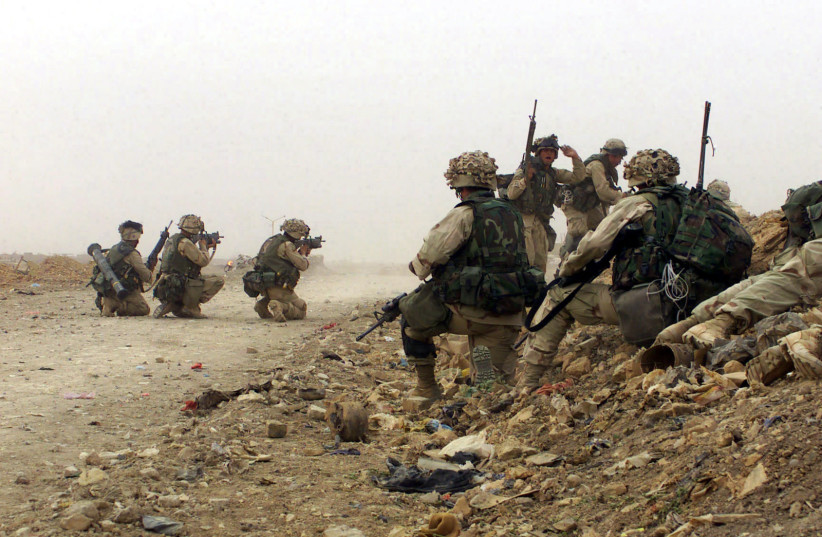Up to 1 million people have been "disappeared" in Iraq during a tumultuous last half century spanning the dictatorial rule of Saddam Hussein, US-led military occupation and the rise of Islamic State militants, the United Nations said on Tuesday.
The UN Committee on Enforced Disappearances urged Iraq, which has one of the highest numbers of missing people in the world, to seek victims and punish perpetrators.
But that was hampered by the lack of definition of enforced disappearance as a crime in Iraqi law, its report said.
"The UN Committee on Enforced Disappearances urged Iraq to immediately establish the basis to prevent, eradicate and repair this heinous crime," it said.
There was no immediate reaction from an Iraqi government spokesperson or the interior ministry.

The missing populations
Up to 290,000 people, including some 100,000 Kurds, were forcibly disappeared by Hussein's "genocidal campaign" in Kurdistan between 1968 and 2003, the UN report said.
Disappearances continued after the US-led invasion in 2003, which saw the capture of at least 200,000 Iraqis, nearly half of whom were held in prisons run by the US or Britain.
"It is alleged that detainees were arrested without a warrant for their involvement in insurgency operations, while others were 'civilians in the wrong place at the wrong time'," the committee said.
A new wave of abductions accompanied Islamic State's proclamation of a caliphate over part of Iraq's territory.
"Other ongoing patterns include the alleged enforced disappearance of children, especially Yezidi children born after their mothers were sexually abused in ISIL/Dae'sh camps," the committee said, using terms for Islamic State.
Saying that between 250,000 and 1 million people were estimated to have disappeared since 1968, the committee also asked Iraq to create an independent task force to ensure detainees are listed and families informed of their location.
